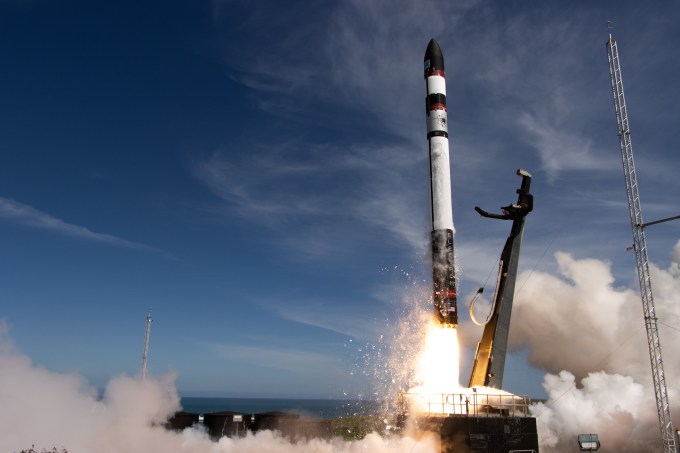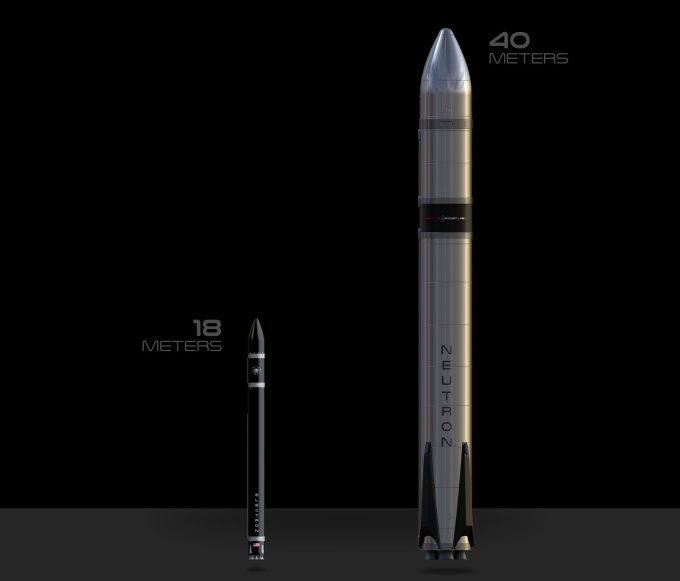|
|
|
We’re back after a hiatus, with a streamlined approach to our TC space newsletter that will cut through the dross and provide a healthy dose of everything you need to know in commercial space and space startups. This week (and for the past little while, and likely the near future) it’s all about that SPAC(e).
|
|
|
|
SPACs open the floodgates for long-awaited space startup exits
There’s a general SPAC rush happening right now so it shouldn’t be surprising to see space companies take part. But the space SPACs seem to be picking up pace, and some of the category’s biggest and most noteworthy players are now in the mix.
You could argue that the SPAC rush began with a space startup – Virgin Galactic went public via merger with Chamath Palihapitiya’s Social Capital Hedosophia. On Monday, yet another space launch company joined the mix: Rocket Lab, led by founder Peter Beck. Rocket Lab has been around for a while now, so it’s been one that a lot of industry observers have been looking for in terms of a likely exit, especially because it’s actually launching payloads to orbit on behalf of paying customers and has a healthy queue of future business lined up.
Another small launch company, Astra, also announced its intent to go pubic via SPAC at the beginning of February, and Spire Global, a satellite constellation operator, revealed a SPAC plan just today, too. Could SpaceX be next?
|
|

Image Credits: Rocket Lab
|
|
|
Medium-capacity is the sweet spot for launch vehicles
Beyond SPACs, there’s another trend brewing in the space launch industry – larger rockets. Relativity Space unveiled plans for Terran R, an upscaled version of its 3D-printed Terran 1 rocket that can carry more and larger things to orbit. CEO Tim Ellis told me it’s all about meeting customer needs, and Rocket Lab’s Beck said basically the same thing when I asked him today about why his company unveiled a plan to build Neutron, a new larger and partially reusable rocket.
Both of these efforts come out of the same realization: The market has a sweet spot for both satellite size, and for how they’re increasingly being operated – namely, in large constellations. Beck told me that Neutron is aiming to be a rocket that never flies only partially loaded, and that can serve the growing need for megaconstellations of small (but still pretty large) commercial satellites.
Both these new launch vehicles will include reusability built-in, taking a cue from SpaceX’s playbook in a bit to further reduce costs and turnaround time.
|
|

Image Credits: Rocket Lab
|
|
|
Commercial space needs workers and factories
There’s a lot of activity around the future commercialization of space going on right now, and groundwork being laid for eventual extra-terrestrial colonization. But that’s going to require a lot more in the way of actual labor to make happen. Japanese startup Gitai wants to take what we’ve learned from building robots here on Earth and apply that to the growing space economy.
Also, in my conversation with Relativity’s Ellis, he told me about how the company’s long-term vision is partly about supplying the needs of manufacturing in space and on the surfaces of distant planets. 3D printing will be an immense boon to future spacefarers and colonists, and the work Relativity is doing on Earth sets it up to be a big part of supplying that as well.
|
|

Image Credits: Gitai
|
|
|
|
|
|
|
Newest Jobs from Crunchboard
|
-
Enterprise Data Architect at Thorlabs (Newton, NJ, USA)
-
Lead Embedded Engineer at Brivo Systems LLC (Provo, UT, USA)
-
Senior Full Stack Developer at Prolist Inc (Frederick, MD, USA)
-
Senior Project Manager IT at Charles and Lynn Schusterman Family Philanthropies (Washington, D.C., USA)
-
Senior Software Engineer (100% Remote) at Dragos (Hanover, MD, USA)
See more jobs on CrunchBoard
Post your tech jobs and reach millions of TechCrunch readers for only $200 per month.
|
|
|
|
|
|
|
|





